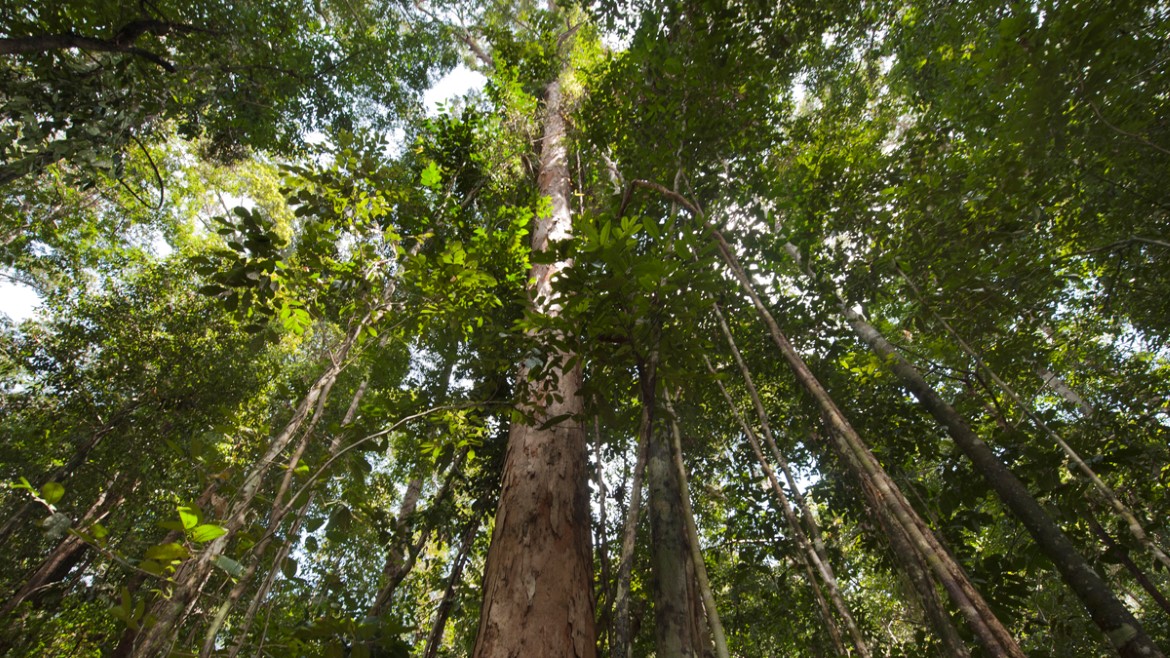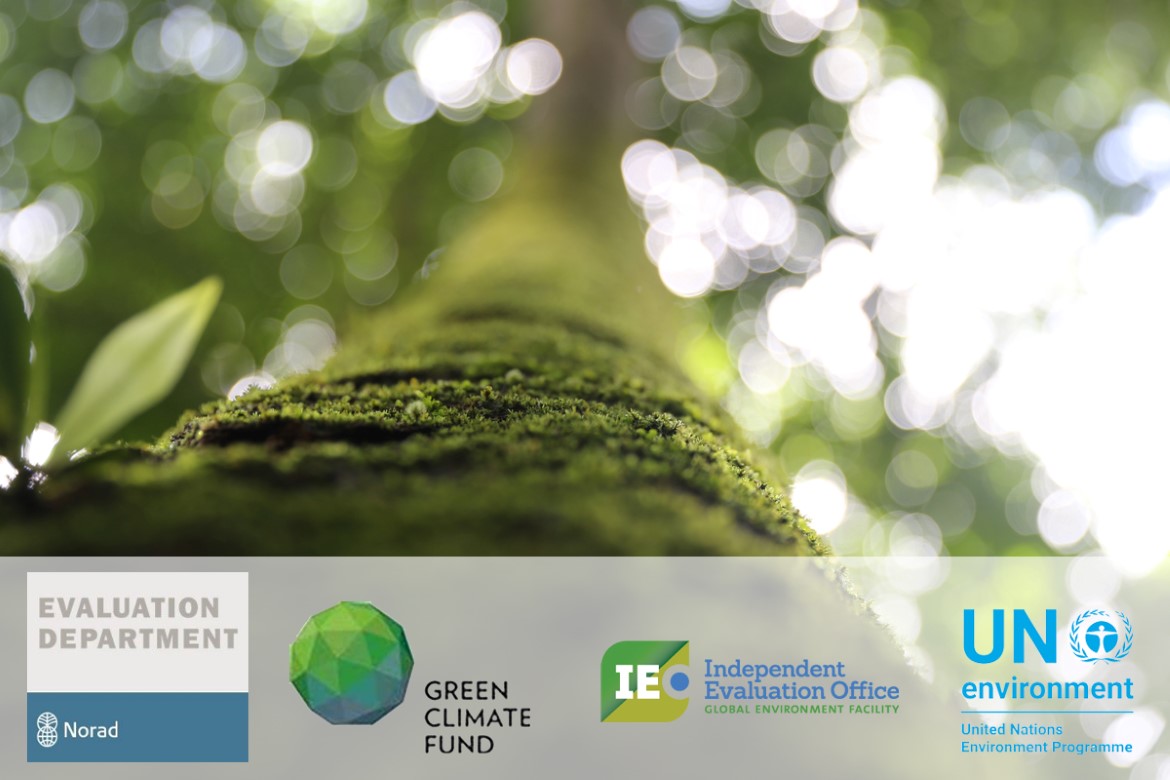
Review the workshop in Oslo
Bygdøy allé 2, 0257 Oslo
Summary of the seminar
This report summarises main lessons from the workshop held in Oslo.
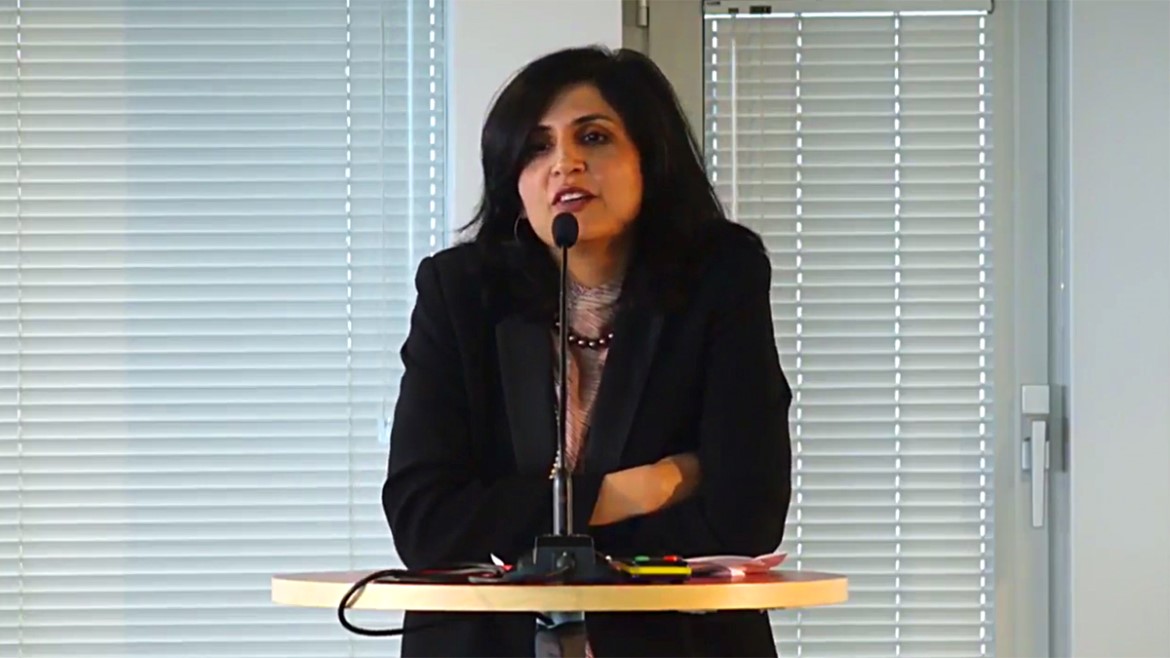
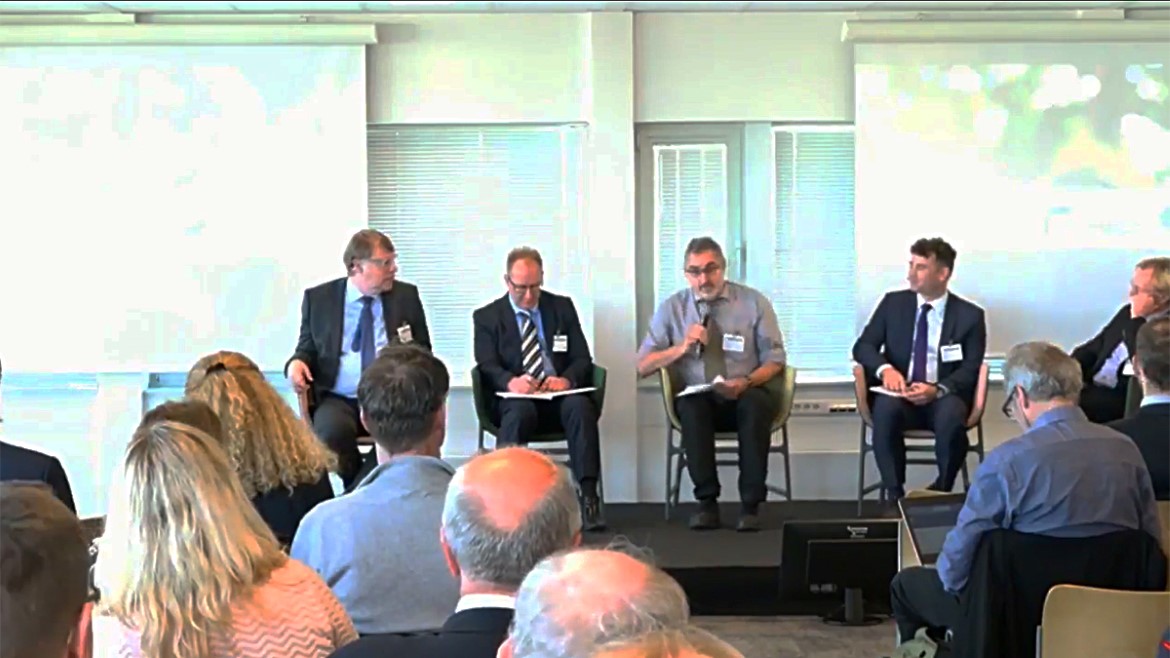
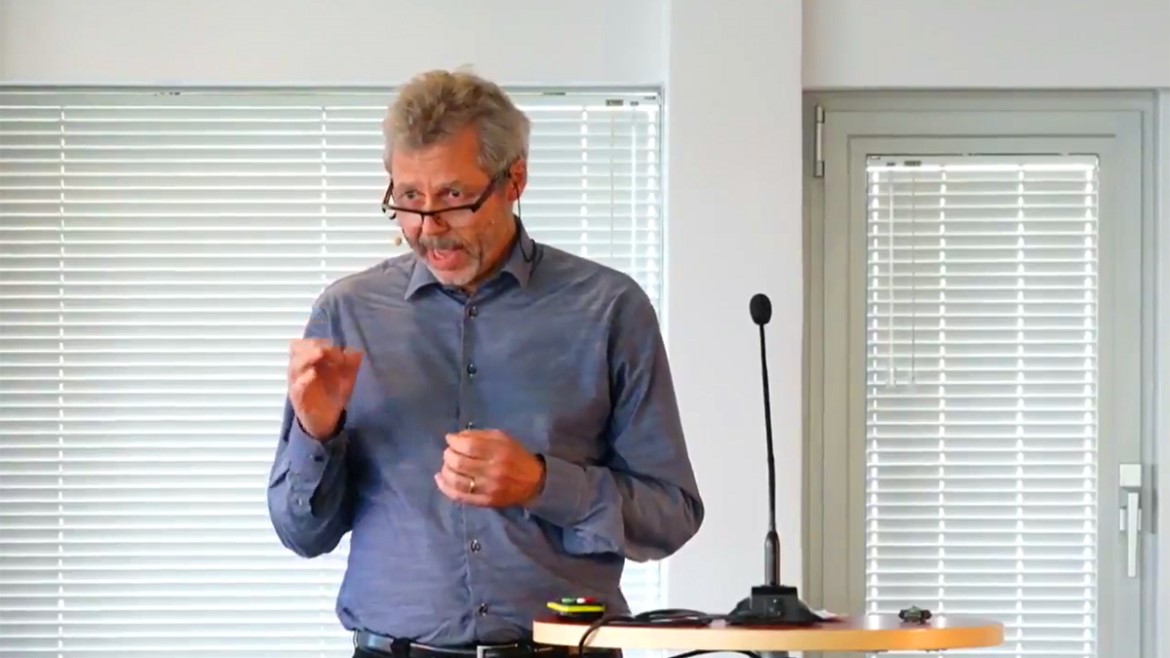
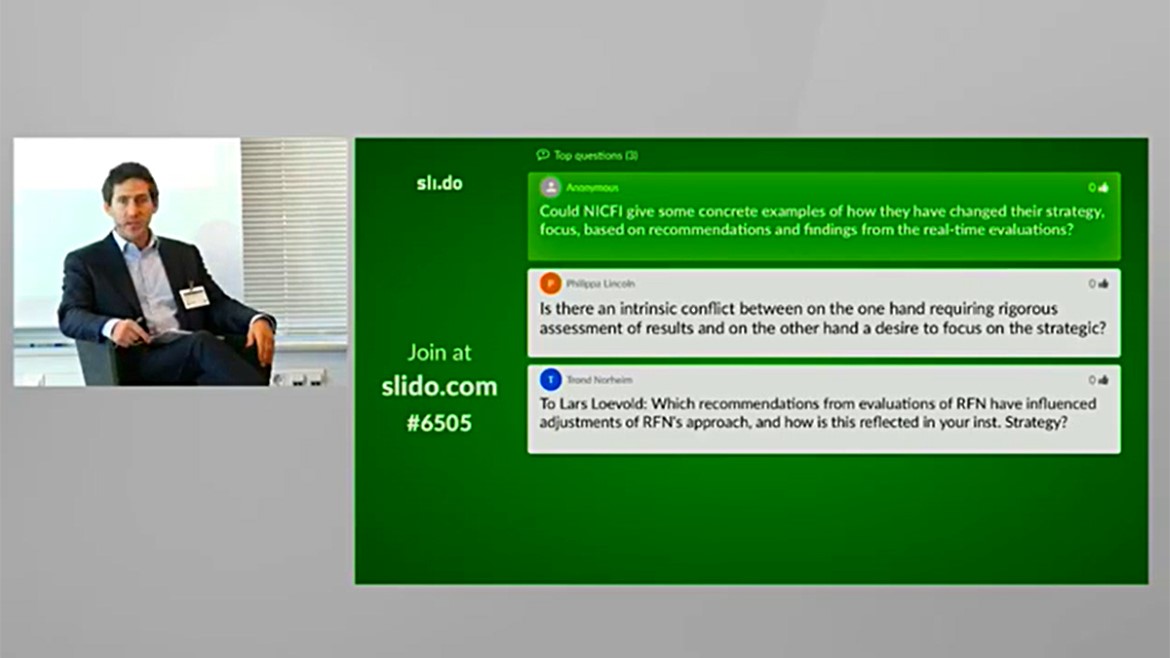
The main purpose of the workshop was to discuss lessons from evaluating international forest initiatives. Particular attention was given to links between evaluations and decision making – both at policy and project levels.
Key questions included: To what extent are evaluations informing decision making? How can the relevance and contribution of evaluations be enhanced?
International sustainable forest initiatives are among the most important efforts to address climate change. These initiatives include REDD+ (reducing emissions from deforestation and forest degradation) and a variety of other programs and projects.
Significant additional forest and land use sector investments are anticipated in the near future within the frameworks of the Paris Agreement on Climate Change as well as the Sustainable Development Goals. An important question is what role evaluations can play in making these investments as effective as possible.
To further explore the topic, the evaluation department of the Norwegian Agency for Development Cooperation organized an international learning event, together with the evaluation units of the Global Environment Facility, the United Nation Environment Programme and the Green Climate Fund, in collaboration with the secretariat for the Government of Norway’s International Climate and Forest Initiative.
See the program for the two day seminar in Oslo below.
Evaluation reports on NICFI
Norway's initiative for climate and forest (NICFI) has been evaluated since the beginning through a real time evaluations. Two new reports were published in advance of the workshop in Oslo.
- Norway's International Climate and Forest Initiative: Lessons learned and recommendations
- Real-time evaluation of Norway's International Climate and Forest Initiative. Empowerment of indigenous peoples and forest dependent local communities through support to civil society organisations
- Get an overview of the real-time evaluations on norad.no/nicfievaluation

Stocktaking on achievements the Norwegian forest initiative
As Norway’s International Climate and Forest Initiative (NICFI) soon celebrates it's ten years anniversary, the Evaluation department at Norad is taking stock of the achievements and lessons so far.
Schedule
| 07:00 |
Session 1 (click + for more information)
|
|
| 07:30 |
Session 2A: Lessons from evaluations in forestry and land use – high level reviews of what is being learned and to what extent this is reflected in decision making (click + for more information)
|
|
| 08:45 |
Break
|
|
| 09:15 |
Session 2B: Lessons from evaluations in forestry and land use – high level reviews of what is being learned and to what extent this is reflected in decision making (continued) (click + for more information)
|
|
| 10:45 |
Lunch
|
|
| 12:00 |
Session 3: Views on past, present and future contributions of evaluations to international forest sector interventions (click + for more information)
|
|
| 13:30 |
Break
|
|
| 14:00 |
Session 4: Concluding panel discussion (speakers and others) (click + for more information)
|
|
| 15:00 |
End of day 1
|
| 07:00 |
Session 1: Introduction and agenda for the day (click + for more information)
|
|
| 07:15 |
Session 2: Quick presentations on specific evaluations in forestry and land use: what is being learned and how is this affecting decision making? (click + for more information)
|
|
| 09:00 |
Break
|
|
| 09:30 |
Session 3: “Evaluations are not telling us much we didn’t already know and are not significantly informing policies and programs”. To what extent is this a common reaction? What can be done? (click + for more information)
|
|
| 11:00 |
Lunch and end of workshop
|

